O PL 2703/22 – which provides for the extension of the deadline for entry of the new energy compensation rules defined in Law 14,300 by another six months – will no longer be voted on in the Federal Senate. With this, the new rules will come into effect from January 7, 2023.
The information was obtained exclusively by Solar Channel next to Hewerton Martins, founder-president of MSL (Movimento Solar Livre) and one of the creators of the proposal.
“The new rule will come into effect in January. We now have a lot of work ahead of us, which we will develop from February onwards with the new government”, he said.
Martins also revealed that he and other members of the MSL gathered, on the morning of this Wednesday (21), with PT leaders (Workers' Party).
According to him, some pillars and commitments were signed with the aim of ensuring the generation of income in family farming through GD (distributed generation) and the maintenance and expansion of jobs related to small businesses of the solar sector.
Proposal
PL 2703/22 It was a work that began in June 2022 at the Consumer Protection Committee of the Chamber of Deputies, together with sector associations and deputy Celso Russomanno (Republicanos-SP).
The text was filed on November 1st and was approved in the Chamber of Deputies on December 6th. The expectation of the solar energy sector was that the text would also be voted on in the Senate so that it could receive presidential sanction.
The information about the non-vote frustrates the expectations of professionals and companies who were hoping for an extension of the current GD benefits.


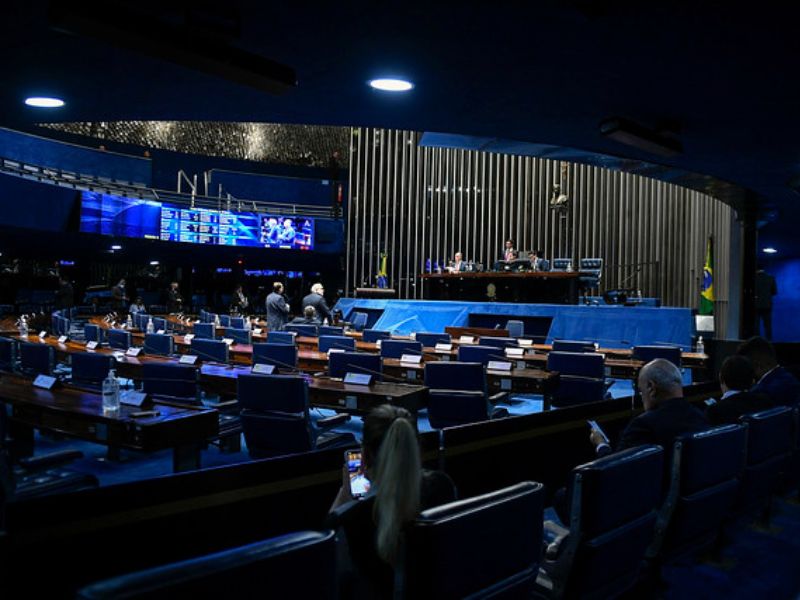


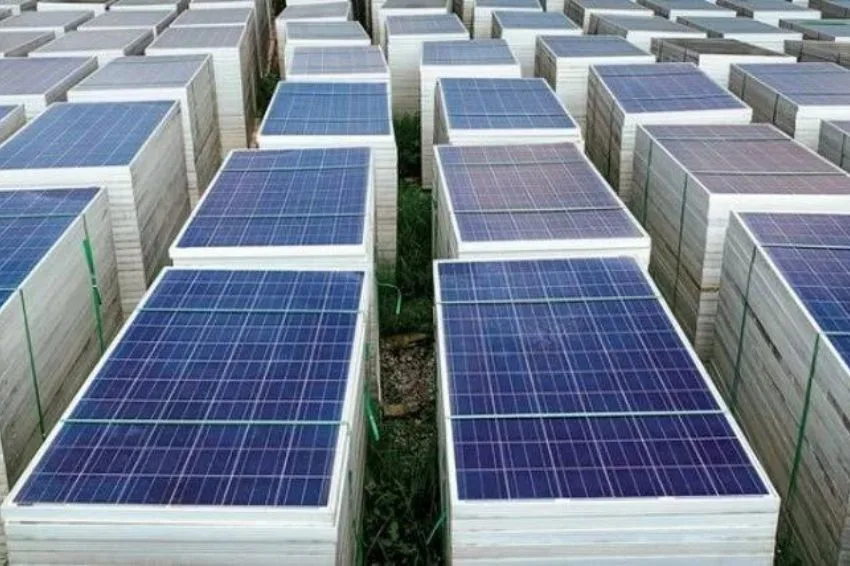
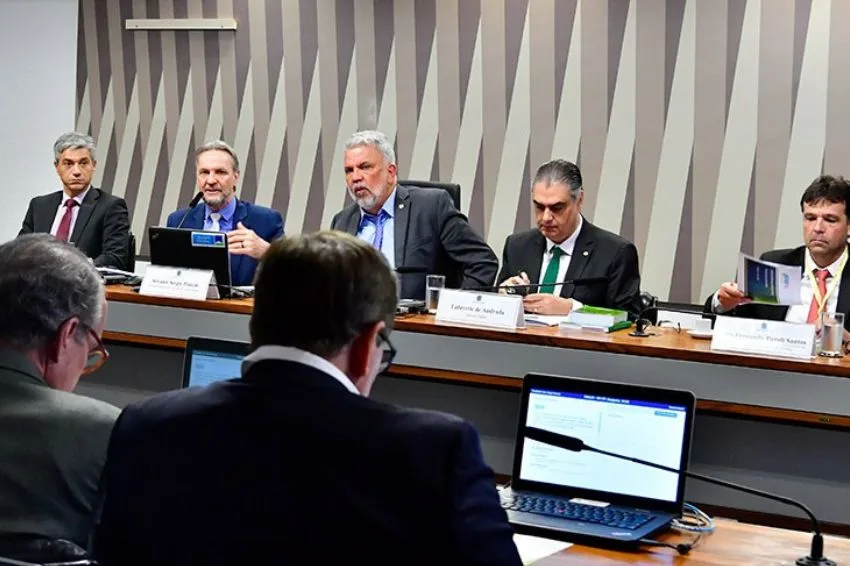
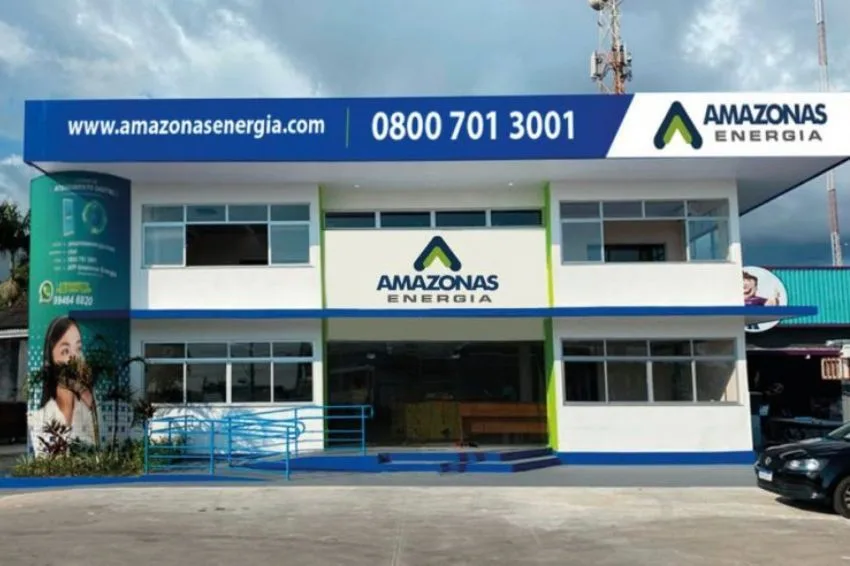
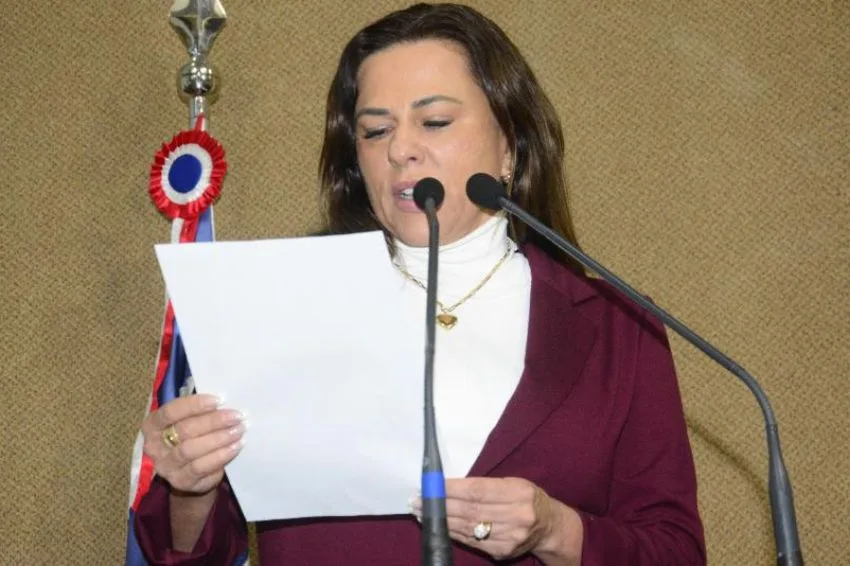
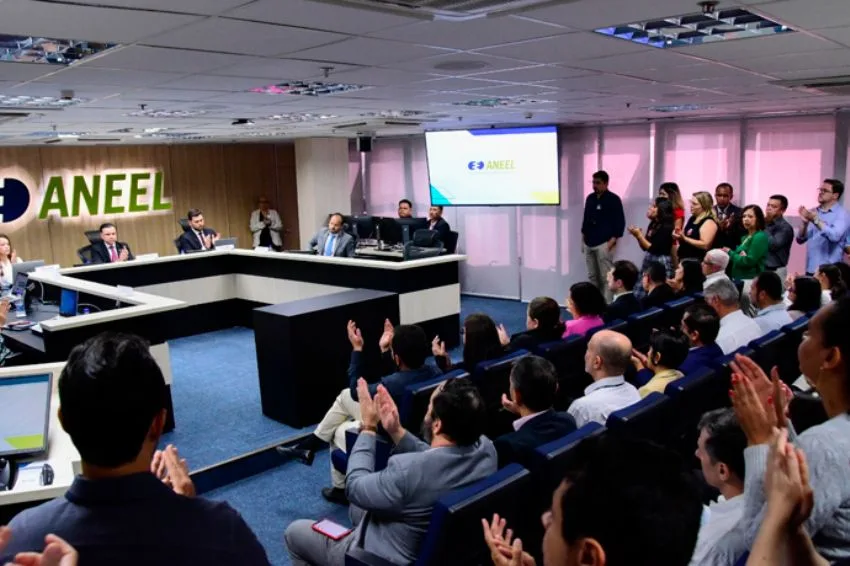
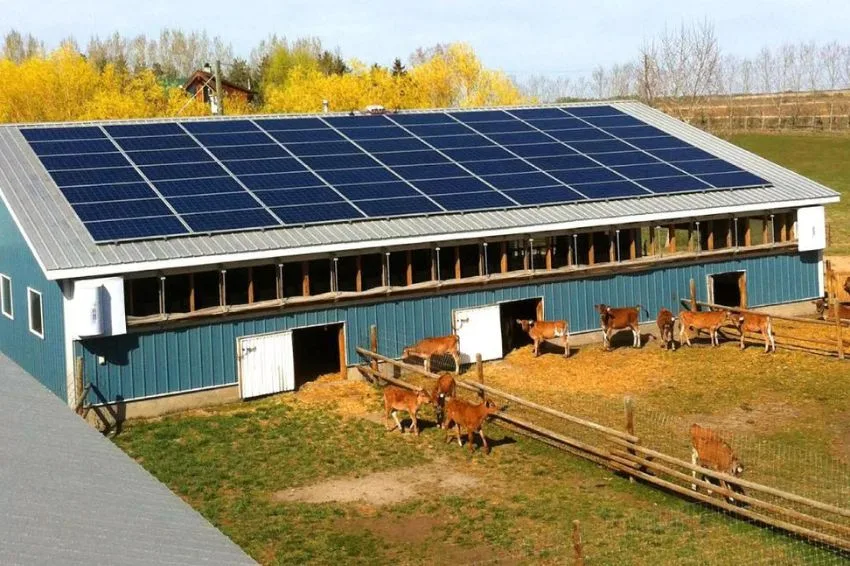







6 Responses
Unfortunately
People with a lower family income, who pay an expensive energy bill, will not be able to purchase a small generating plant and generate their energy. They are being subjected to the same criteria as large companies that build large plants to power their consumer units.
But unfortunately we are in Brazil, where the lower classes always pay the bill
I disagree with my friend Marcos above! This issue of conditions for acquiring the system is purely a lack of information! I worked for 12 years in a Distribution company in the commercial sector, then I started working with solar energy! Today, those who are unable to purchase a solar system are people who have credit restrictions! Few buy outright! The logic is as follows to transform the value of the energy bill into a financing installment, so the citizen stops paying the bill to pay his financing, citizens of any social status, start paying what is theirs, with an end date ! This taxation is absurd! Only those who have an advantage are the minority! in this case the distributors! This defeat is a lack of mobilization by Solar Energy Associations!
I believe everyone loses. The narrative that those who are unable to install the system would be harmed does not hold water. When talking about energy, you have to think in a macro way, with a systemic view and knowledge of the cause. The growth of renewable energy in the country is extremely upward and, as a result, it prevents the emission of greenhouse gases into the atmosphere. This is one of the medium/long term gains.
With the non-activation of thermoelectric plants, which are extremely polluting and expensive, there is no need to activate the tariff flags, which increased significantly in 2022.
Finally, the market has shown that the cost of equipment has increasingly fallen, giving access to low-income people.
It is only here in Brazil that there is a portion of the population that thinks that solar energy came to harm consumers.
In my opinion, Absolar and other bodies interested in the development of the sector did not do what they had to do! Extend the deadline for another year.
What is the reason for not resolving the issue with a Provisional Measure or through an ANEEL Normative Resolution?
Those who lose out are the customers who already have their projects underway and the country itself, given that the interesting thing would be to free the country from the need to turn on thermoelectric plants, increasing energy costs too much.
As if energy didn’t factor into the cost of products! And have you forgotten about inflation? And if the country grows and there is no energy for everyone, is it fair to suffer from energy rationing?
Happily!
The one who wins the most is the customer who is unable to purchase the system and will not have to subsidize yet another of the CDE's many charges.
Unfortunately!
Those who lose most are customers, who will not be able to enjoy the full benefits of solar energy.
Even without all the benefits, the savings with solar energy are very attractive, and if we consider the technological advancement of equipment, a greater offer of financing options and more assertive photovoltaic project feasibility studies, we still have a very positive scenario ahead.